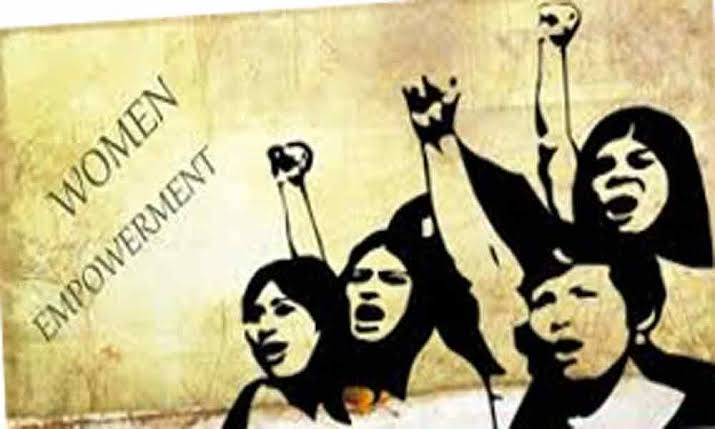Digitalizing health-care sector in India may catapult women empowerment to enormous heights by transforming their health, economic and social standing in a sustainable manner, said Prof. Dr. (Col) C.D.S Katoch, Executive Director, AIIMS, Rajkot, and Professor of Pulmonary Medicine.
He was speaking as the Chairman of a plenary session on “Utilizing Digital Resources at a Medical Institute of National Importance for Women Empowerment and Sustainable Development.” The case taken up at the session was that of All India Institute of Medical Sciences (AIIMS), Rajkot.
Professor Katoch explained how digital health interventions may address health system challenges, implemented through Information and Communications Technology (ICT) systems. Such integration would help in creation of jobs in digital health, training and upskilling of ASHA workers/ sarpanches.Overall, it would result in improved online accessibility, decreased OPD waiting period, and hastened diagnostic services. It would improve pharmacy services, decrease paper usage, and strengthen ancillary services, he said.
The digital revolution offers a variety of opportunities to women from all walks of life, from improved access to healthcare and maternity services to greater participation in financial and entrepreneurial ventures. While there exist several social welfare schemes and national programmes,India slipped 28 places in the World Economic Forum’s Global Gender Gap Report 2021 which takes into account the Global Gender Gap Index, economic participation and opportunity, educational attainment, health and survival, and political empowerment. The country is now ranked 140th among 156 nations.
Prof Katoch focused on the utilization of the digital resources available to AIIMS, Rajkot, for sustainable women empowerment in the community. The ramifications of these initiatives may reach beyond healthcare, which is the primary mandate of such an institution, into routes that may serve to alleviate current challenges in various other spheres of an Indian woman’s life, he said.
Dr. Gayatri Bhatia, Assistant Professor, Department of Psychiatry, AIIMS, Rajkot, elaborated on the potential role that AIIMS, Rajkot, may play in women empowerment utilizing its digital resources. The National Family Health Survey 5 data (2019-2021) outlined various gender-specific concerns like child marriage, early pregnancy, anaemia, high school drop-outs, preventable adverse obstetric outcomes, infertility, domestic violence, abusive behaviour and social discrimination. Various initiatives have been planned in different modalities, designed keeping these special needs of women in mind, she said.
Dr. Vivek Kumar Sharma, Dean Academics and Professor &Head, Department of Physiology,
AIIMS, Rajkot, briefed the audience regarding the educational and vocational training initiatives for women empowerment. These include planned initiatives of the institute like mobile based applications for data analytics and integration for effective execution of various health programmes by the government and premier agencies, community-based e-resource programs like e-nukkadnaatak, e-pakhwada, e-certificate modules (MOOC) for basic health hygiene, community health and mental wellness, promotive healthcare from the perspectives of female staff, faculty members, students and community dwellers. E-certification courses will educate, increase probability of employment in health-sector and empower women to be the local contact for the deeper penetration of health initiatives by the institute, he said.
Dr. Pinky Meena, Assistant Professor, Department of Psychiatry, AIIMS, Rajkot, discussed e-hospital services and healthcare initiatives that have already taken effect as well as those in the pipeline at AIIMS, Rajkot, for women empowerment. These will include Smart healthcare systems (SHS), Radiofrequency identifications systems (RFID), Artificial intelligence (AI), robotic surgery, and Internet of Medical Things (IoMT). The immediate practical implications, feasibility, challenges, infrastructural requirements, ethical and administrative considerations and future directions were also discussed.
👉 Click here to read the latest Gujarat news on TheLiveAhmedabad.com





